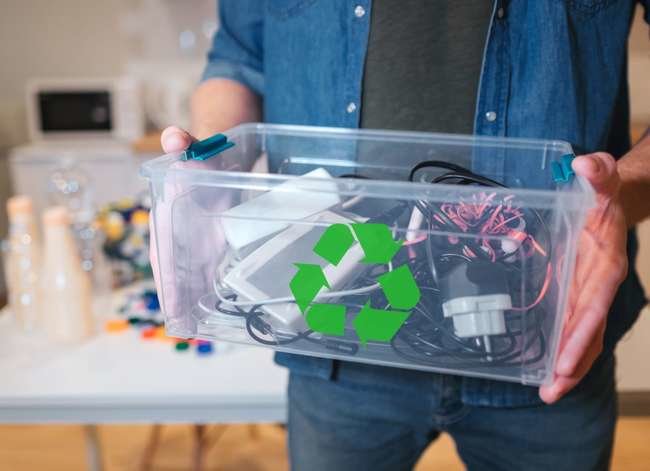We may earn revenue from the products available on this page and participate in affiliate programs. Learn More ›
When you upgrade your electronics, consider the fate of your old tech carefully.
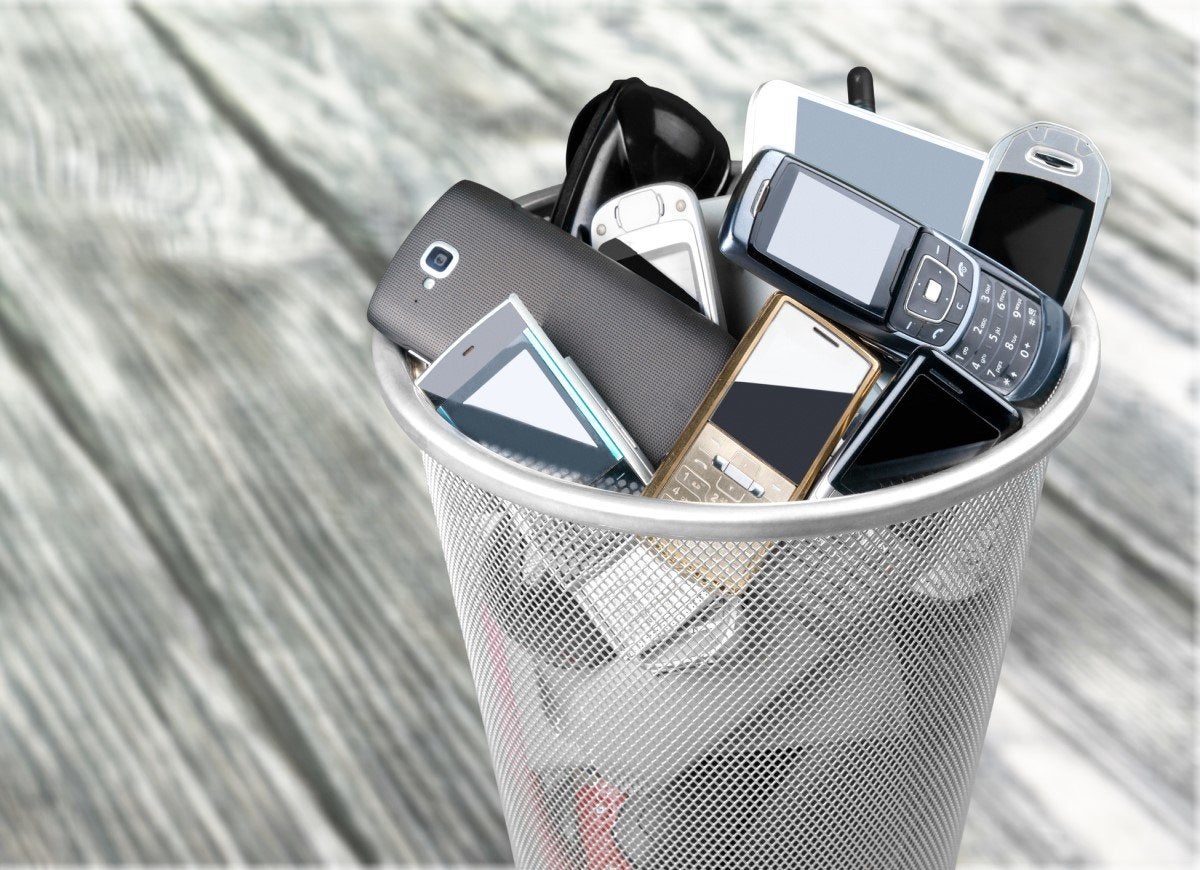
There are now approximately 7.33 billion cell phone users worldwide, according to BankMyCell, making it more clear than ever that technology has become a way of life. Add in all the folks who have a tablet and a computer as well as a phone and you realize how devoted we are to our devices. Trouble is, we don’t keep our gadgets forever. In fact, the majority of people upgrade their cell phones about every 2 to 3 years. That means a lot of electronics are being discarded, many of them improperly. According to the Global E-Waste Monitor, humanity will produce a whopping 74 million metric tons of e-waste by 2030.
If you hope to avoid being part of the problem—and would also like to get rid of broken or obsolete gadgets without putting your personal data up for grabs—start here. You’ll learn why electronics must be recycled properly, ways to put outmoded devices to good use, and how to dispose of them to keep yourself, your family, and the environment from harm.
Electronics’ toxicities require careful recycling.
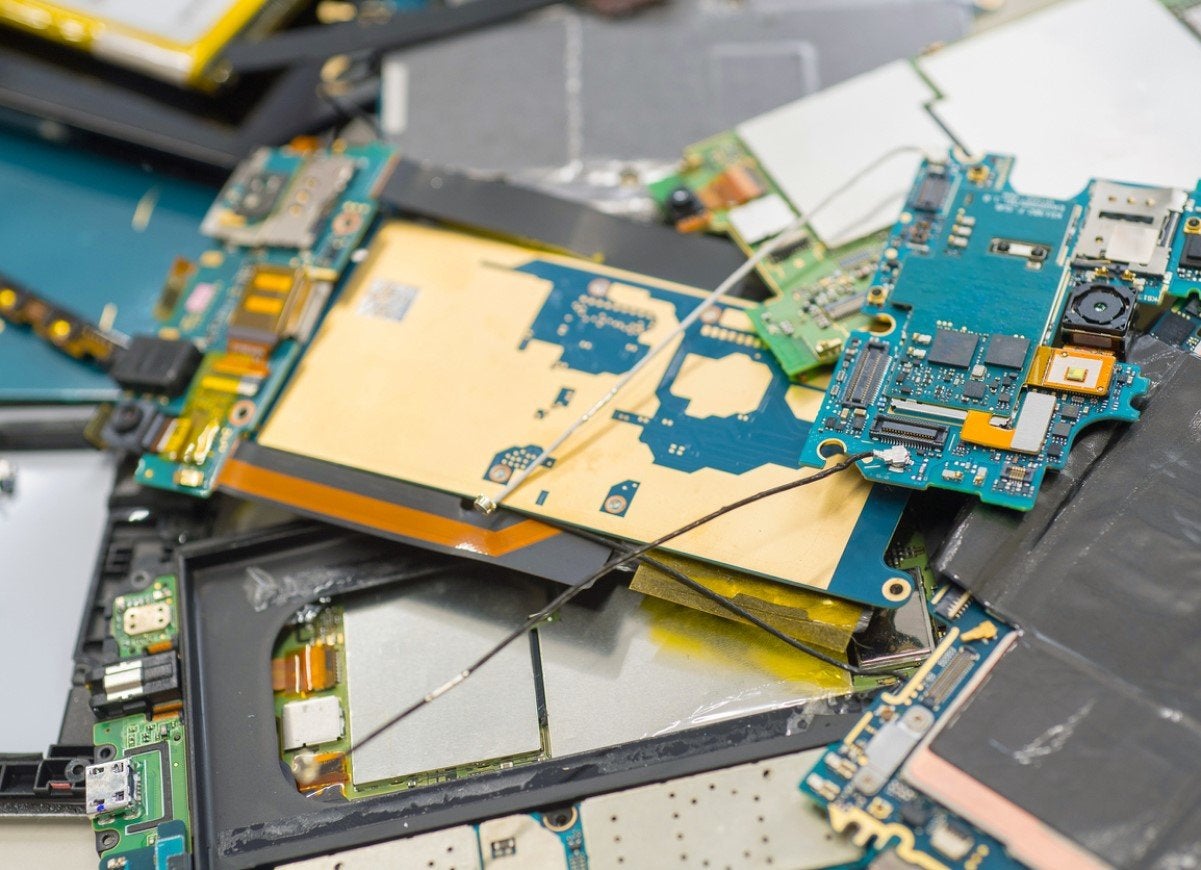
Almost all personal tech contain environmental hazards like mercury and chromium, making it necessary to correctly recycle old electronics like cell phones, computers, tablets, and even printers. Cell phones and tablets may also contain such precious metals as gold, which could be reused if removed properly.
All files should be backed up.
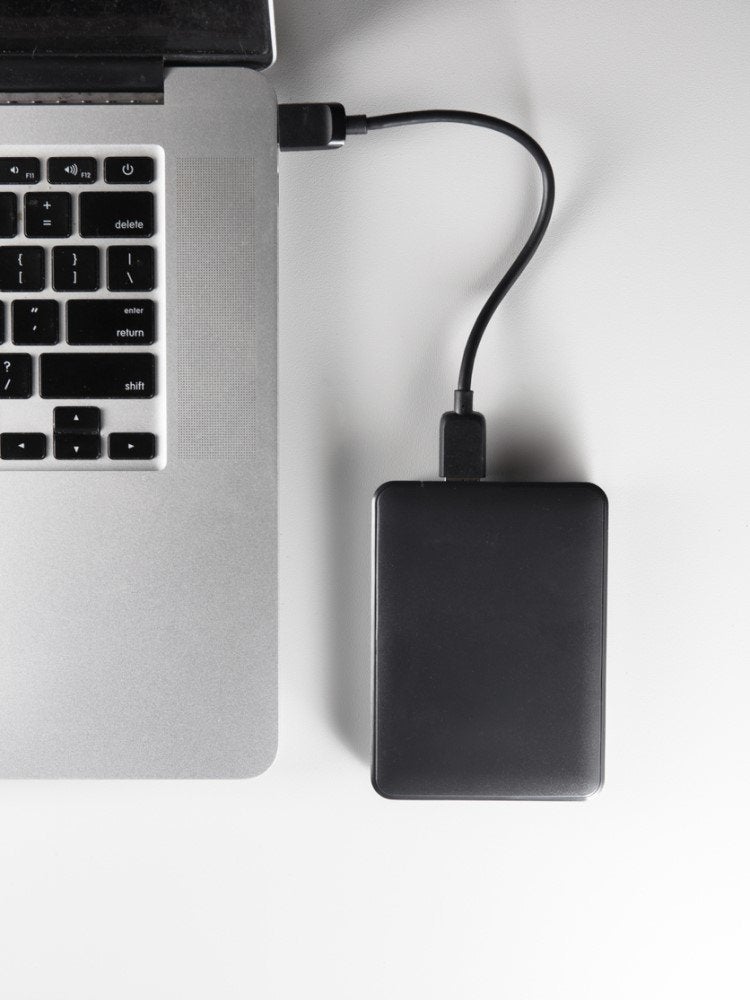
Back up all of your data—including contacts, documents, music files, photos, etc.—on either physical backup drives or cloud storage. Once you wipe this information off the device (your next step), there’s no getting it
back.
Don't forget to wipe your data.
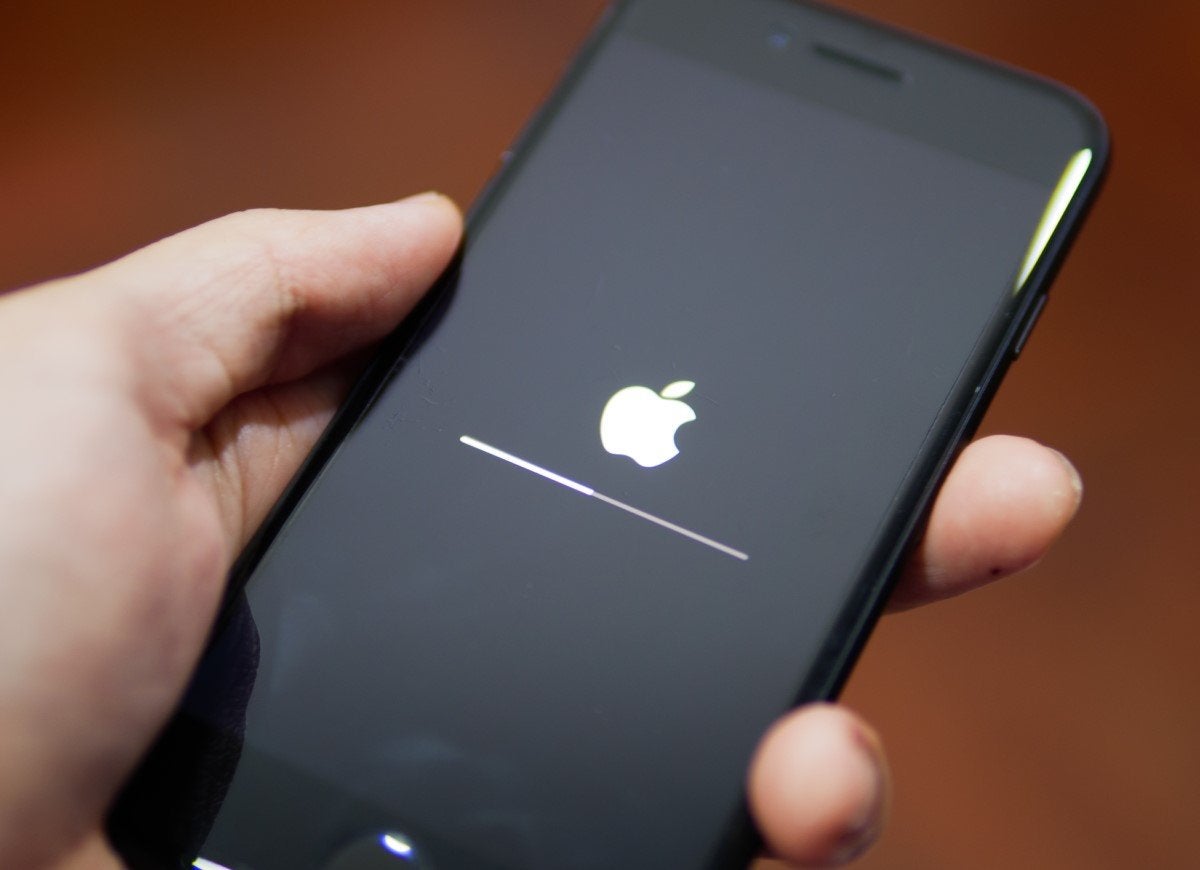
Once you’ve safely stored your data, remove all personal information from the device. Consult your user manuals and online FAQs to determine how to reset your phone, tablet, or computer to factory settings prior to recycling the old electronics. The last thing you want is for your passwords, account numbers, private images, and the like winding up in the wrong hands.
Usable devices can be donated.

There are many worthy charities and causes that will gladly put your outmoded computers, tablets, and smart phones to good use. The World Computer Exchange, National Coalition Against Domestic Violence, and even the Make-a-Wish Foundation accept used electronics as donations. (Your donation may even be tax-deductible!)
RELATED: 25 Things Your Local Thrift Store Doesn’t Want You to Donate
Some retailers accept old electronics for cash or credit.
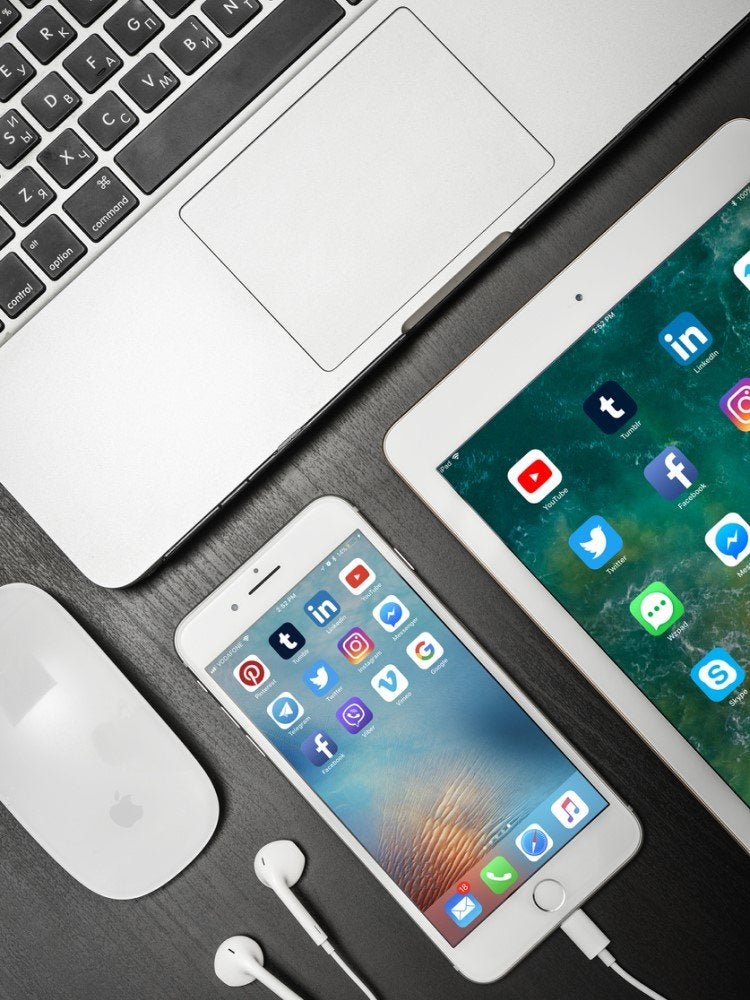
You may be able to trade your electronic devices in for some type of compensation, either in cash or rebates. Apple, Amazon, Best Buy, and Sprint all have programs that offer some type of credit for qualifying devices. Apple will also take and recycle any Apple device that doesn’t qualify for a credit, and other retailers may do the same.
RELATED: 29 Great Gadgets for a Smarter Home
Working devices may benefit another family member.

If you’ve want to purchase a new computer, tablet, or cell phone but the old one still functions, why not give it to a friend or family member. For instance, an iPhone reset to factory settings can be used as an iPod for a child, then be reactivated later if needed. An older laptop or desk top that you consider outmoded may be perfectly suitable for a student or senior, who only needs to do email, basic research, and word processing.
Old electronics can earn you cash.

If your functioning devices no longer serve your purposes, they might be perfectly suitable for someone who can’t afford brand new electronics. You may be able to sell old computers, tablets, and smartphones online via Facebook Marketplace, eBay, or Craigslist to earn some quick cash.
Upgrading parts may be more affordable and eco-friendly than a full replacement.
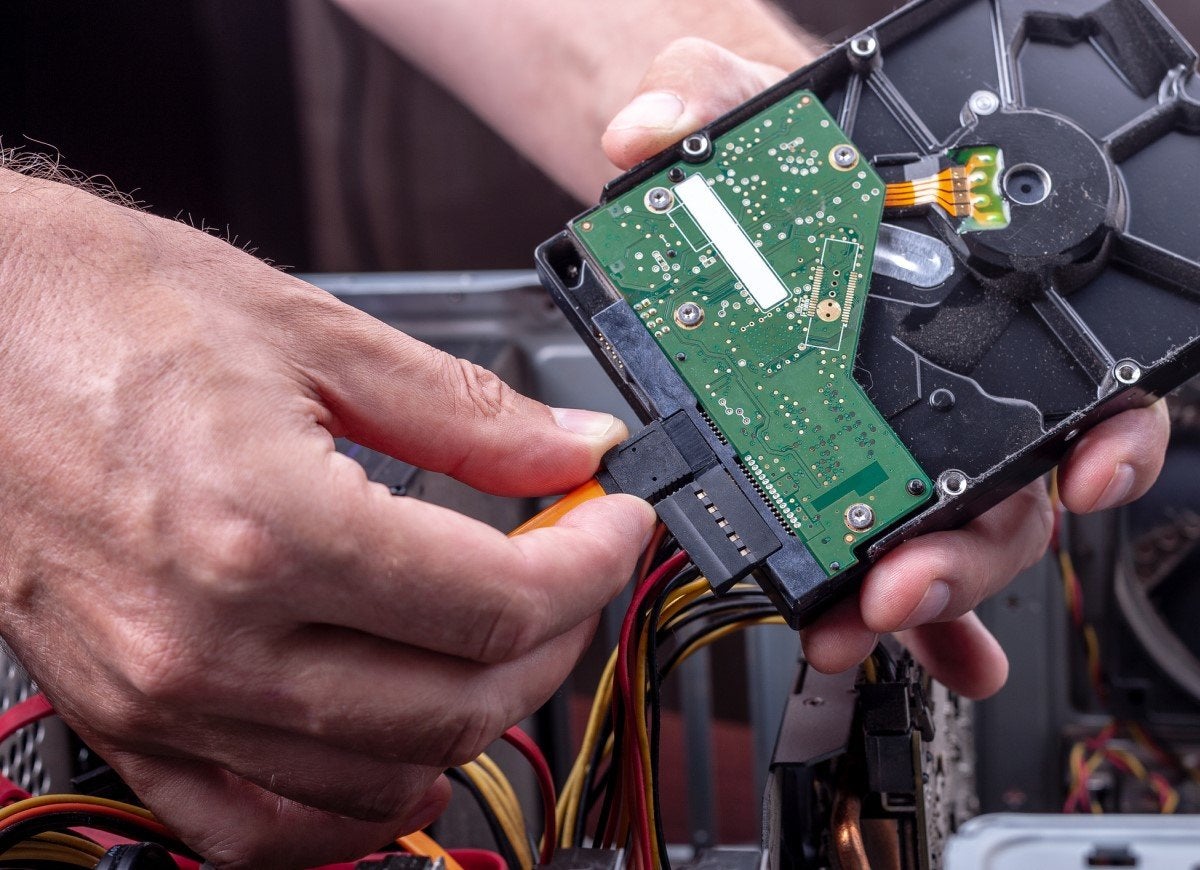
Why by new if a laptop or desktop computer can be upgraded to better suit your purposes? A new hard drive and extra memory may cost a few hundred dollars—likely less than a brand new machine. Upgrading will not only save you some money, but it will also keep computer parts out of the landfill.
Incorrect disposal can break the law.
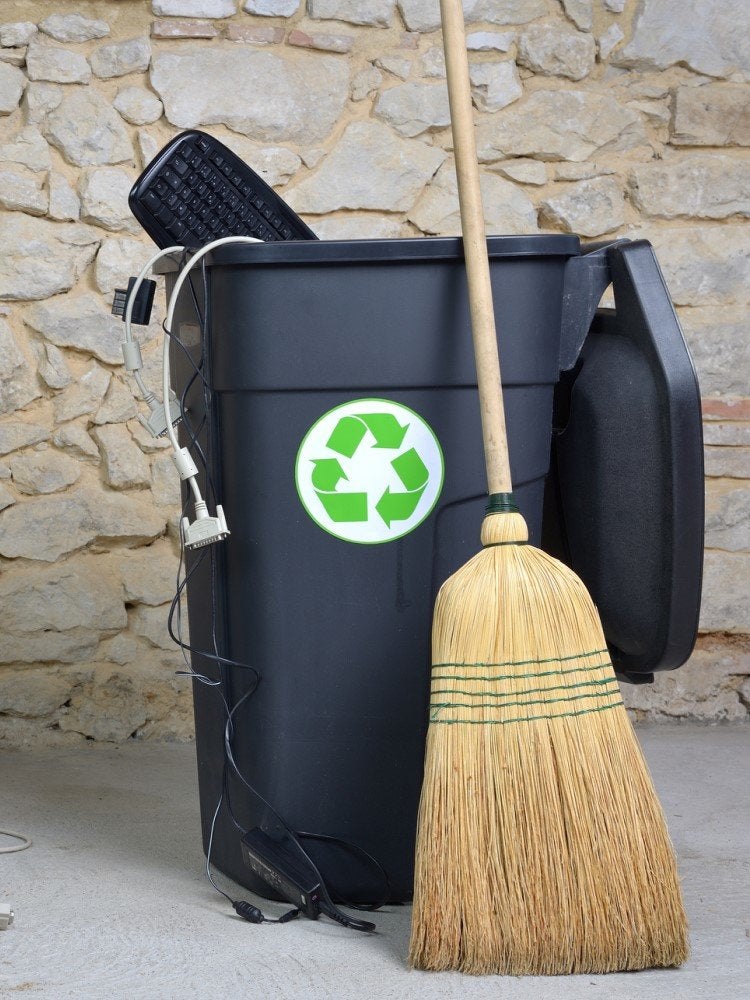
In some states, including California, Illinois, and New York, it is actually illegal to dispose of items like computers, printers, and DVD players in the regular trash that’s sent to the landfill. If you do so, you may be subject to a fine. So take heed, and check with your municipality to see if they have designated e-waste collection days.
Not all recyclers will accept your drop-offs.
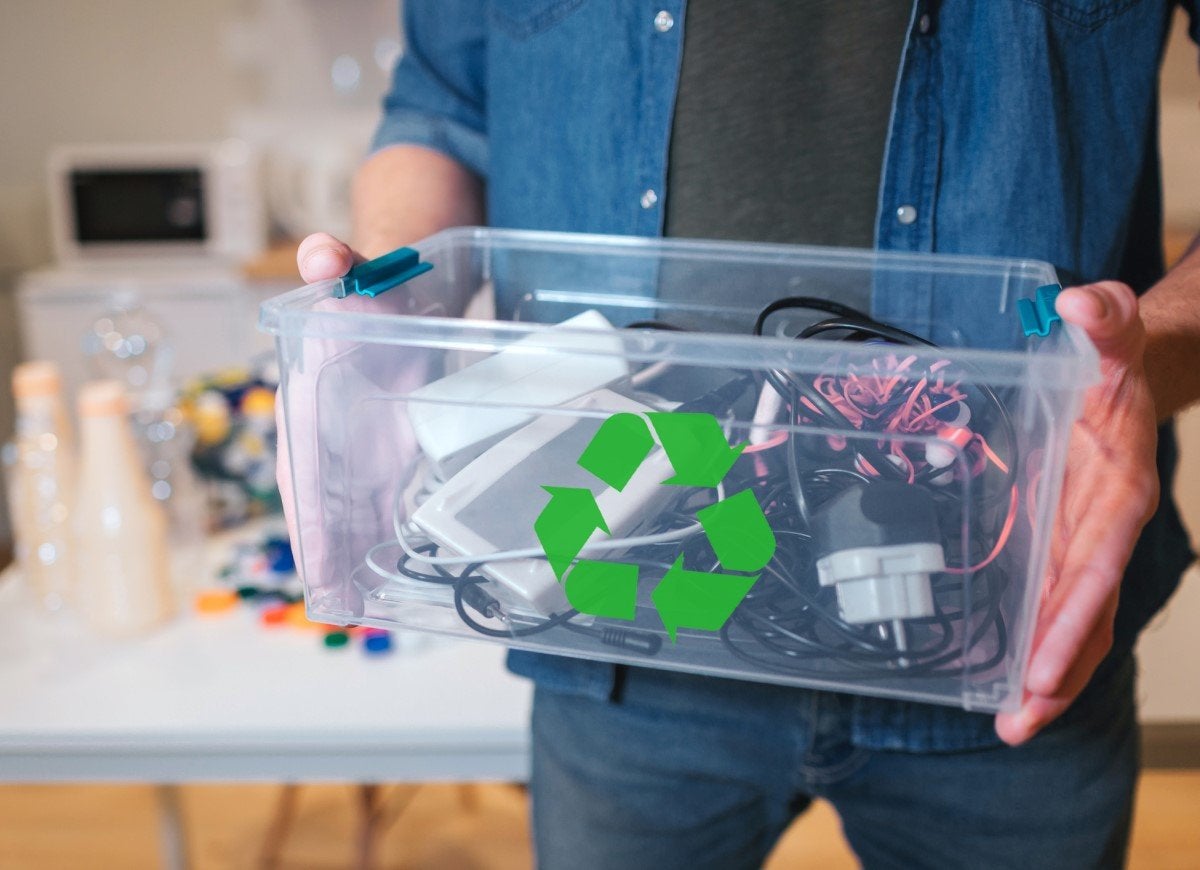
If you can’t find a good use for a gadget, locate an electronics recycling center. These facilities take apart old electronics, removing hazardous materials for safe disposal. Remaining parts may get re-used or be conventionally recycled, so that less electronics waste ends up in our landfills. Use the Consumer Electronics Association’s zip code locator to find a recycling location near you, check Earth911.com, or Call2Recycle.org.
RELATED: I Started Recycling in 2023—Here’s Why It’s Not What I Expected

A DIYer’s Guide to Replacing Flooring
Update the look and feel of any room by replacing old, worn-out flooring. These products and straightforward steps make it easy enough for any handy homeowner to do.
